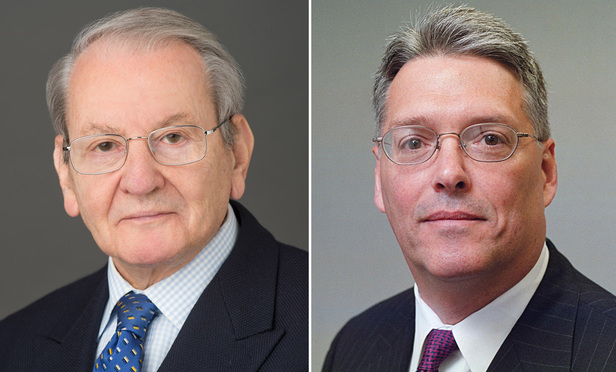In Microsoft v. Baker, 137 S. Ct. 1702 (June 12, 2017), the U.S. Supreme Court resolved an important jurisdictional issue concerning class action procedure, holding that a federal court of appeals does not have jurisdiction under 28 U.S.C. §1291 to review an order denying class certification after the named plaintiffs voluntarily dismiss their individual claims with prejudice.
The plaintiffs in Baker brought a putative class action against the manufacturer of a popular video game console, the Xbox 360, alleging that the console was inherently defective. The district court entered an order striking the plaintiffs’ class allegations, see 851 F. Supp. 2d 1274 (W.D. Wash. 2012), which is the functional equivalent of class certification denial. The plaintiffs filed a petition in the U.S. Court of Appeals for the Ninth Circuit under Rule 23(f) of the Federal Rules of Civil Procedure seeking permission to appeal from the district court’s order denying class certification. In support of their petition, the plaintiffs argued that the class certification denial would sound the death knell for the underlying litigation in light of the small economic value of their individual claims. The Ninth Circuit denied the Rule 23(f) petition for interlocutory review.
This content has been archived. It is available through our partners, LexisNexis® and Bloomberg Law.
To view this content, please continue to their sites.
Not a Lexis Subscriber?
Subscribe Now
Not a Bloomberg Law Subscriber?
Subscribe Now
LexisNexis® and Bloomberg Law are third party online distributors of the broad collection of current and archived versions of ALM's legal news publications. LexisNexis® and Bloomberg Law customers are able to access and use ALM's content, including content from the National Law Journal, The American Lawyer, Legaltech News, The New York Law Journal, and Corporate Counsel, as well as other sources of legal information.
For questions call 1-877-256-2472 or contact us at [email protected]



